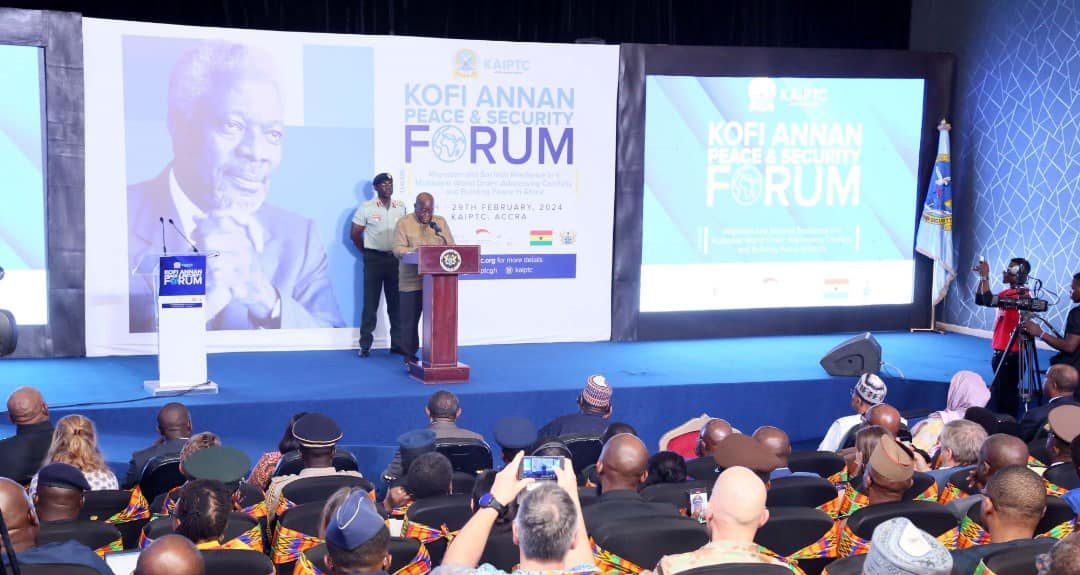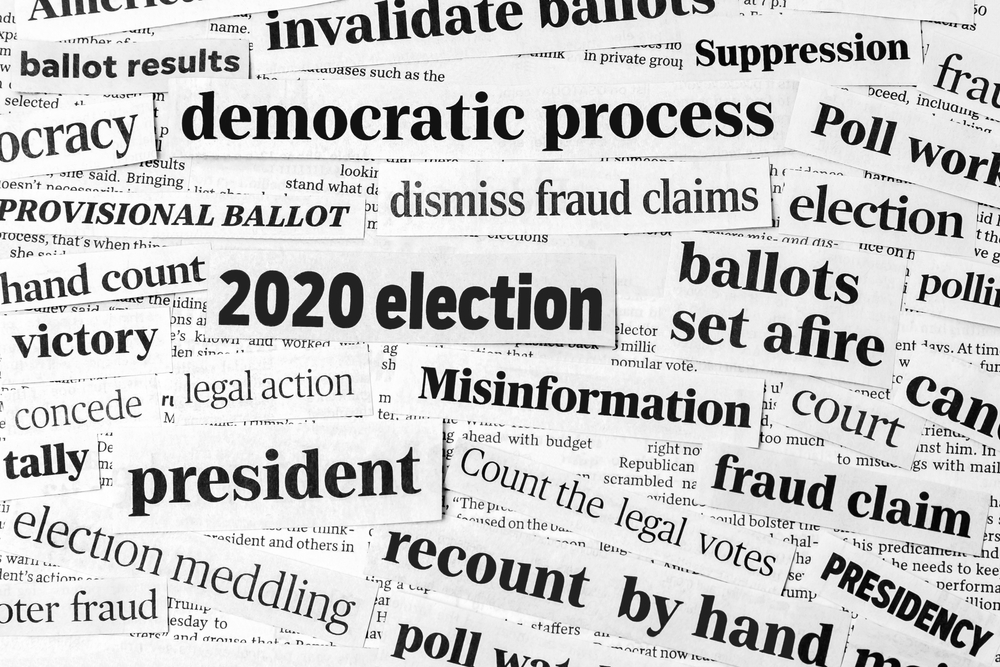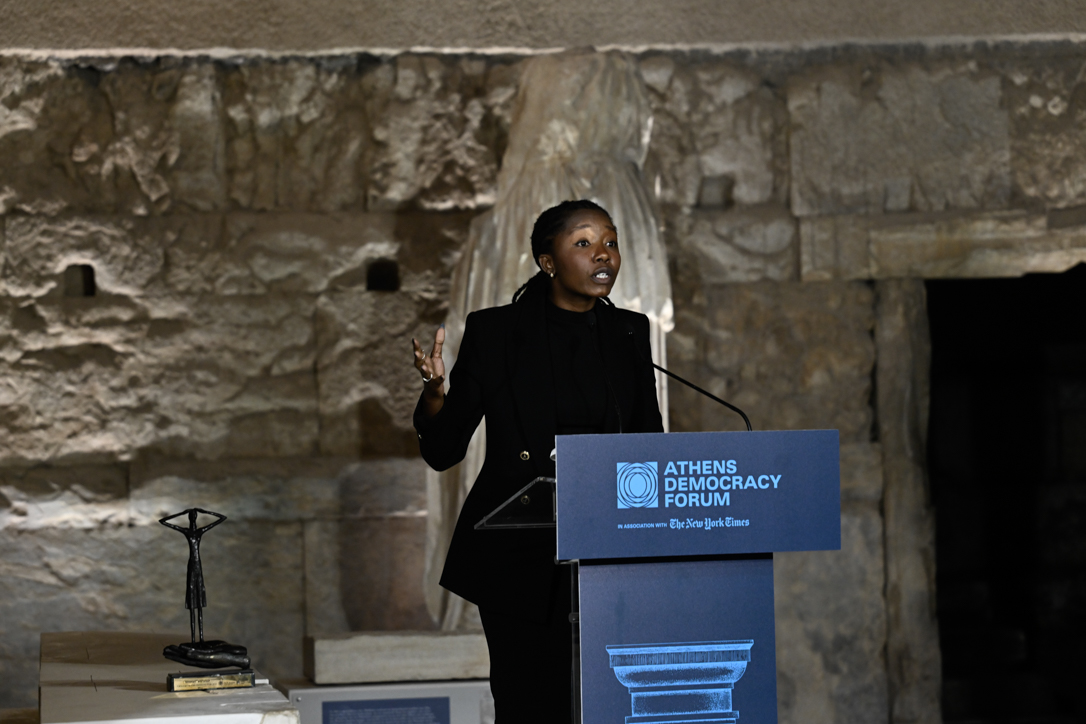Can elections build lasting Peace?
A Foundation organised panel debate sought to answer why a growing number of elections have in recent times proven to be destabilising and trigger violence rather than to enable the peaceful transfer of power.
Panelists discussed electoral integrity, voter education, the role of political parties, possible elections in Syria, and, in light of the ongoing violence in Burundi, the different ways in which the international community could help minimize the risk of violence and contribute to lasting peace.
“If main points of contention regarding the sharing of resources and political power between elite groups are not settled prior to an election, the election is then more likely to erupt in violence,” underscored Katia Papagianni, Director of the Policy and Mediation Support Programme at the Centre for Humanitarian Dialogue.
Timing of the election is of paramount importance as well. Heidi Grau, Director of the Human Security Division at the Swiss Federal Department of Foreign Affairs, stressed that “potential for violence is higher if elections are organized in a rushed manner, particularly during transitional periods.”
According to Alan Doss, Executive Director of the Kofi Annan Foundation, a conflict might be triggered when “people do not perceive an election outcome as legitimate, even if it was legal.” This is a topical problem, with a number of serving presidents changing their constitutions and electoral rules to stay in power despite popular resistance.
Drawing on their work Myanmar, Tunisia, and Nigeria, the panelists underscored that early engagement, technological and technical support, focus on confidence-building measures, and contributions to creating political space for the losing candidates and parties represent measures to ensure that elections retain their erstwhile raison d’être: to be the legitimate mechanism for the peaceful arbitration of political rivalry and management of power.



